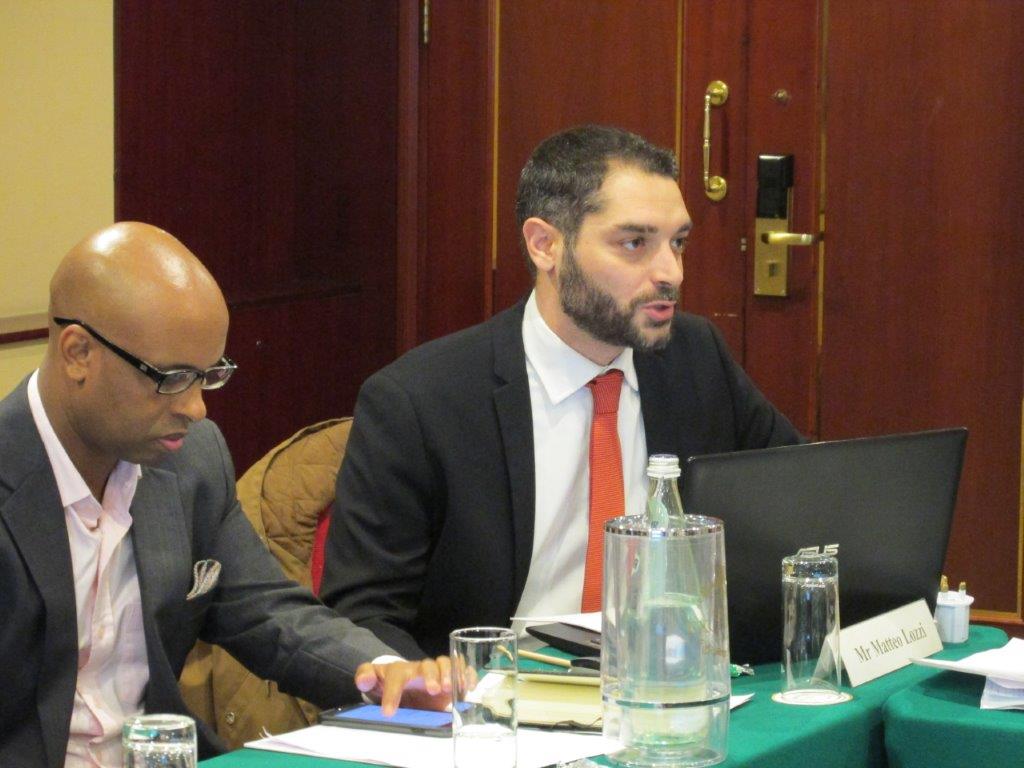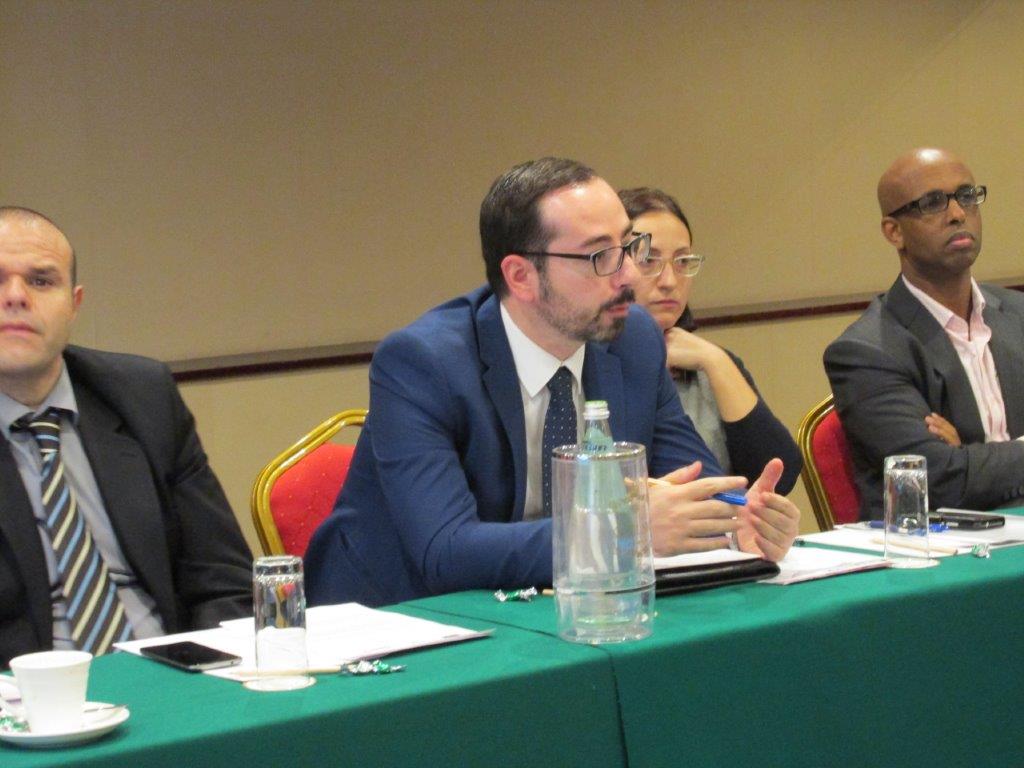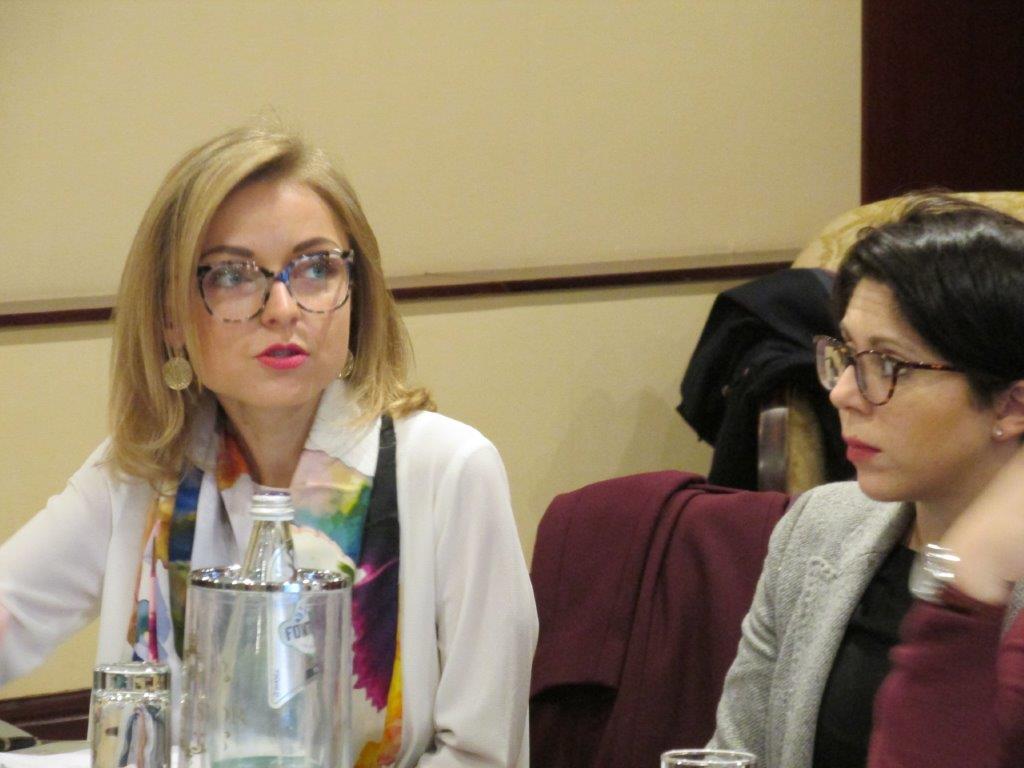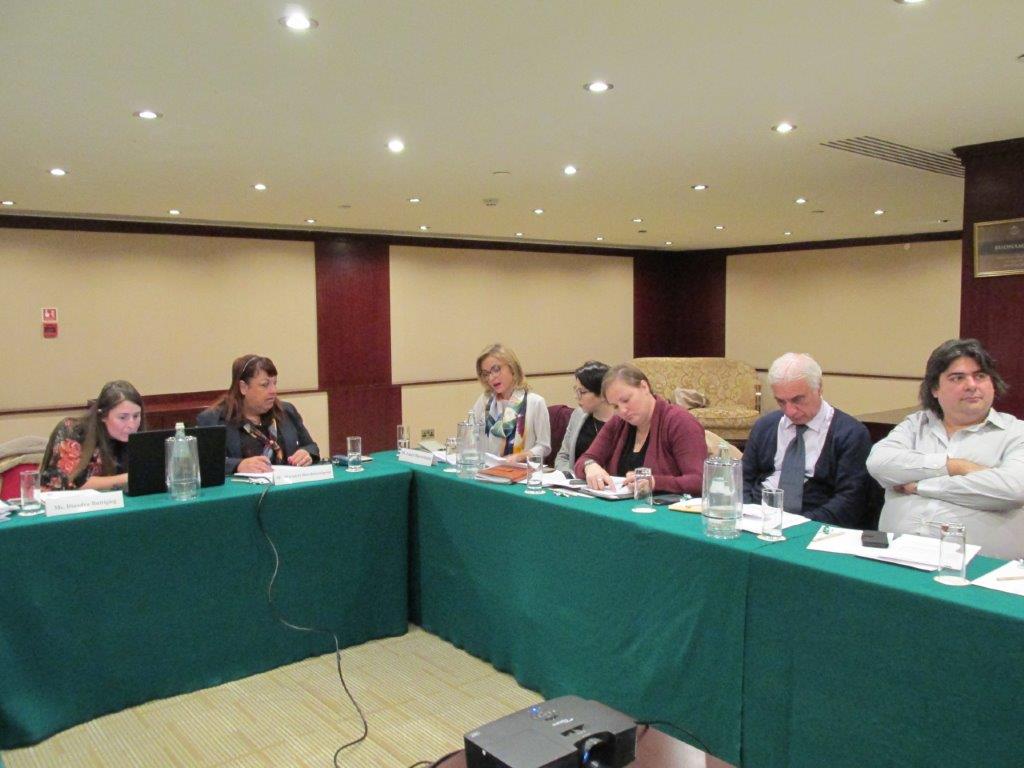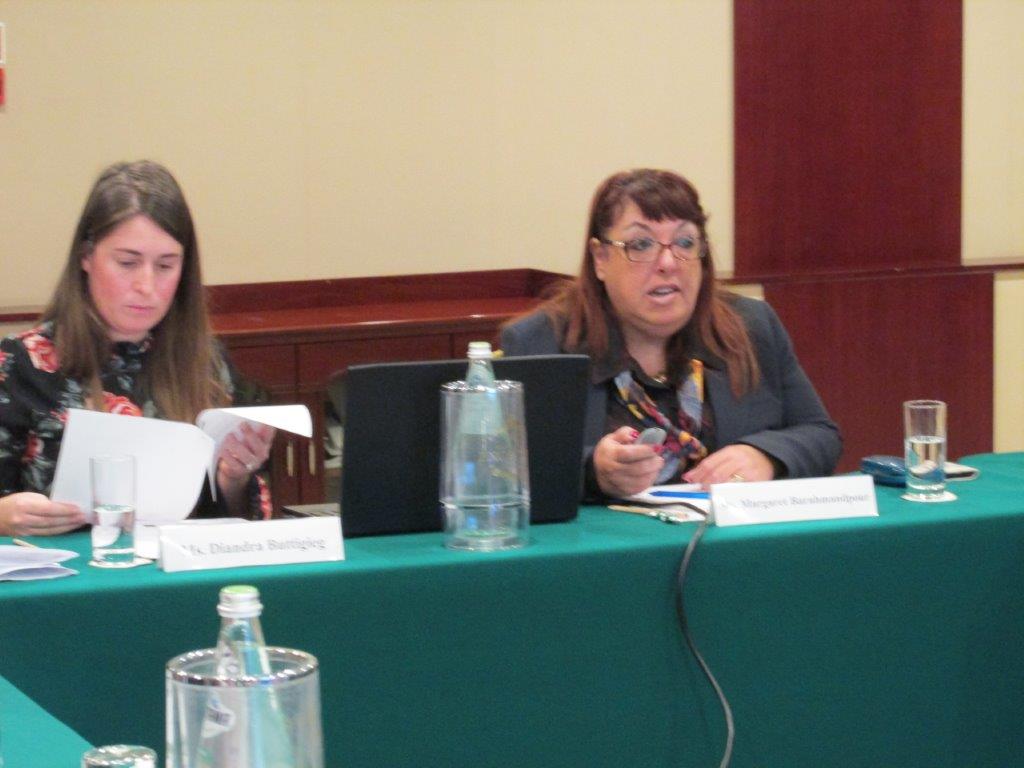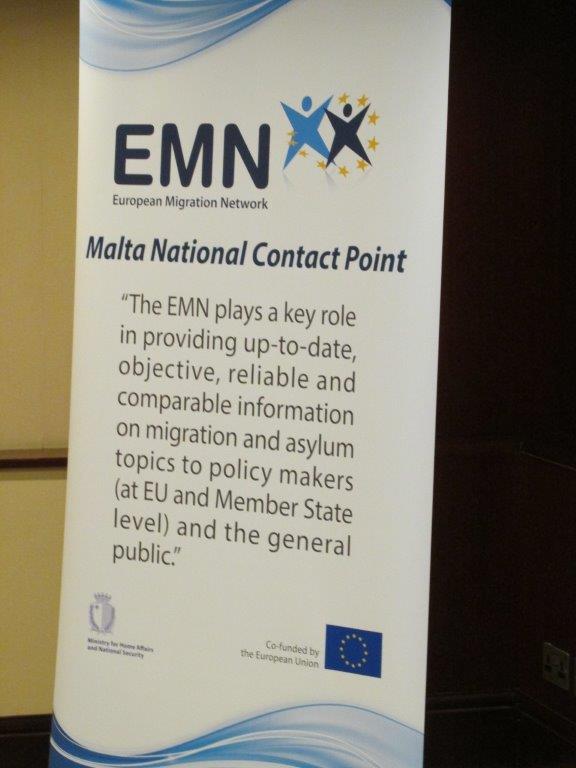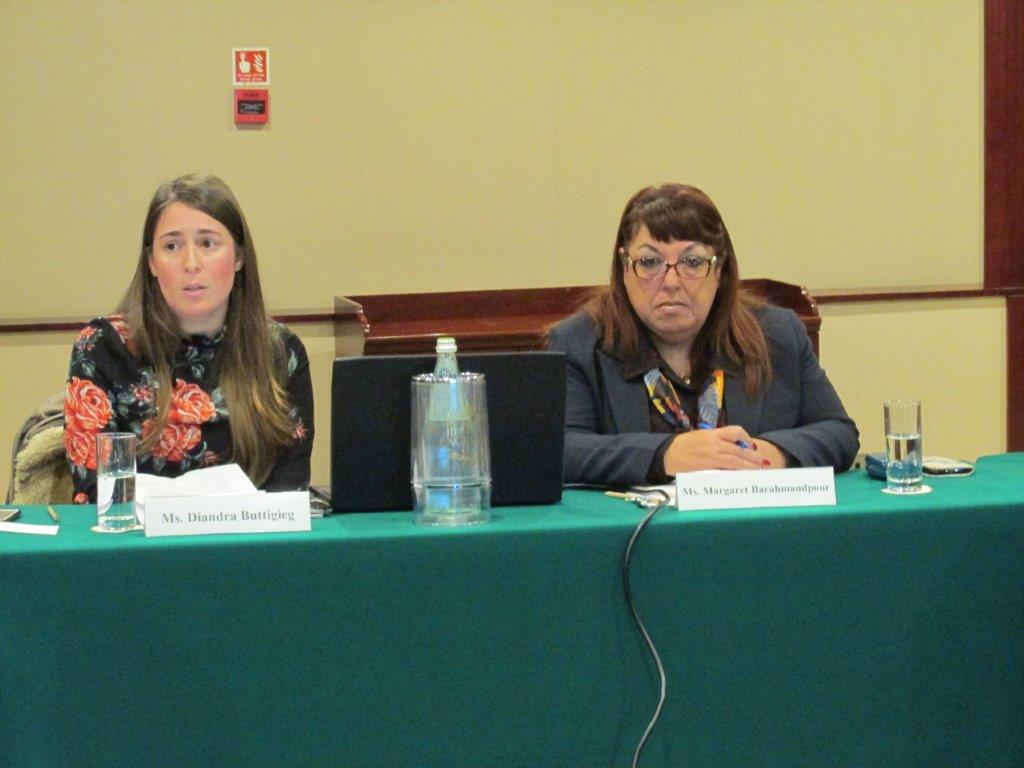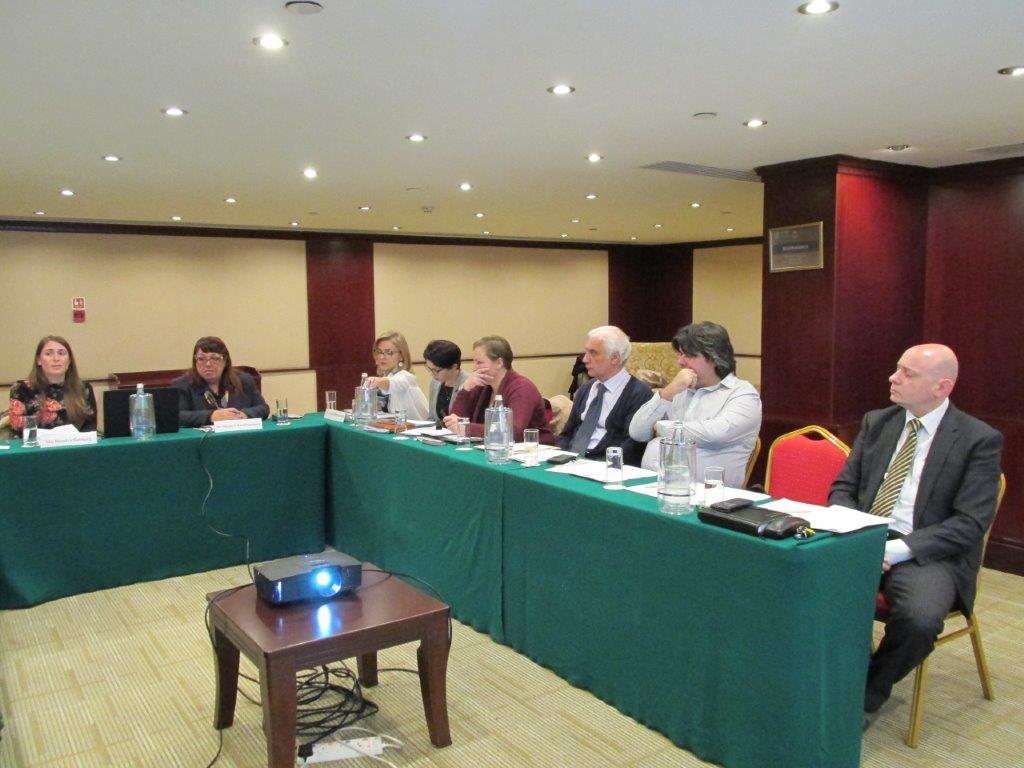European Migration Network – Maltese National Contact Point
Seminar on Assisted Voluntary Return Management in the EU and Malta
12th of December 2017
Ministry of Home Affairs and National Security
Grand Hotel Excelsior
Seminar Summary
This event organized by Maltese EMN National Contact Point meant to get as many stakeholders together as possible under one roof to discuss present state-of-play and future problematics which might arise, together with issues which are being considered as the order of the day, and issues related to return management in particular assisted voluntary return and reintegration. Participants came from the various government entities such as from the Policy department of the Office of the Prime Minister, Policy department of the Ministry for Home Affairs and National Security, Immigration Police, Agency for the Welfare of Asylum Seekers, Ministry of Foreign Affairs and Trade Promotion, Identity Malta, Office of the Refugee Commissioner, International Organization for Migration and the United Nations High Commissioner for Refugees.
During this event 3 different presentations were delivered, titled:
• A Hint of the upcoming EMN study on “The Effectiveness of Return in EU Member States – Challenges and Good Practices Linked to EU Rules Standards” (Ms. Margaret Barahmandpour – EMN Officer)
• Assisted Voluntary Return and Reintegration: Global and European Trends. AVRR in Malta (Ms. Laura Maciulskaite – IOM Malta)
• Raising Awareness Campaigns and Outreach (Mr. Matteo Lozzi – IOM Rome)
As can be seen from the above topics, the issue of return especially the Assisted Voluntary Return and Reintegration, together with the importance of raising awareness campaigns and outreach, were the common denominator of all presentations.
The first presentation highlighted the various aspects of return management in the EU, both forced and voluntary. The second presentation explained the liaison between the various IOM offices worldwide, with precise statistics showing that, globally, during the year 2016 the number of migrants assisted to return voluntarily to their countries of origin reached 98,403, whereas 55,577 migrants were assisted between 1st January and 30th September 2017, with 72% of them hailing from EU/EEA countries, while emphasizing on the importance of partnerships, including relations with various diplomatic representations, in implementing AVRR programmes. The Italian Experience presentation started off with the historical aspect of the work of IOM in Italy, highlighted the fact that by the start of the 1990s the numbers of migrants arriving on Italian shores began increasing rapidly, which meant that Italy had to start implementing AVRR measures vis-a’-vis those migrants who were deemed as irregular. It was also explained that presently 2 projects are ongoing in Italy to assist those migrants who want to go back to their countries of origin while implementing AVRR on Italian territory. As a matter of fact, the REVITA PROJECT (Rete Ritorno Volontario Italia) is presently ongoing in all Italian regions.
A Q&A time followed where participants could ask questions:
The first question focused on the medical aspect of assisted voluntary return, and about the liaison made between IOM Rome and medical doctors in the countries of origin. Speaker Matteo Lozzi confirmed that IOM medical doctor are always in touch with IOM in the country of origin. The position of the Government in Italy lies with IOM’s recognition of the medical situation in the country of origin. IOM Rome then makes contact with its counterpart in a given country for cooperation.
Another question for IOM Rome was about the donor and financing, whereby Mr. Lozzi answered that the donor is co-financed by AMIF and the Italian Government.
Regarding the issue of following up an AVRR returnee in the country of origin, which was directed at the representative of IOM Malta, it was confirmed that IOM Malta follows up an assisted voluntary returnee; reintegration monitoring is carried out 3-6 months (up to one year) following the delivery of reintegration assistance, through IOM Mission in the returnee’s country of origin, upon consent of the returnee.
As regards the issue of the reintegration grant, and whether it is fully spent by the returnee, this question was directed once again at IOM Italy, where it was confirmed that IOM normally requests returnees, especially those with mental problems to fully spend the grant, since this is sometimes not the case.
In a nutshell, this seminar was deemed as a very interesting and fruitful half-day seminar, which definitely will enhance the dynamics of full cooperation between all stakeholders present.

